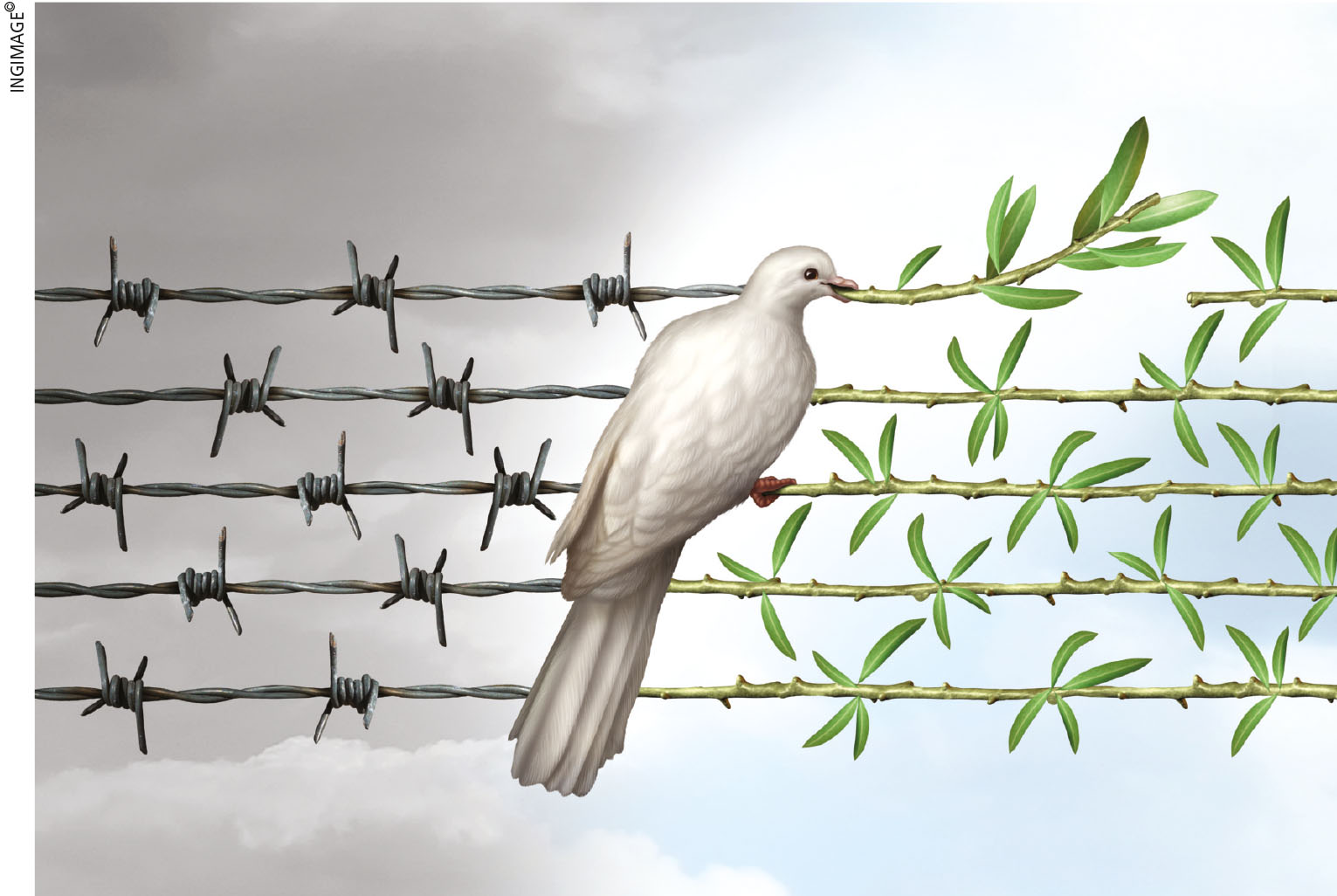NATIONAL RECONCILIATION
MAKING GOOD ON PUBLIC PLEDGES
Start with a nationally developed reconciliation process – Dr. Jehan Perera
A noteworthy and less positive feature of the recently concluded election was that none of the major political parties said much about how they proposed to address the protracted ‘ethnic conflict.’
This national question has dogged post-independence Sri Lanka for the past seven decades, and led to war and destruction as well as alleged human rights violations that have a prominent place in the international discourse.
Now that the election is over, the government must address the issue of national reconciliation. This would be a priority to unify the country internally – to meet the immense challenges of development that the administration has identified as its priority concern – and harness international support to that end.
In February, when it first announced its withdrawal from the United Nations Human Rights Council (UNHRC) resolution, the government pledged a nationally designed reconciliation process to replace the previous one, which it claimed was internationally driven.
Concluding his speech at the UNHRC session in Geneva at the time, Sri Lanka’s then foreign minister Dinesh Gunawardena said: “It is this motivation that guides our commitment and resolve to move towards comprehensive reconciliation, and an era of stable peace and prosperity for our people.”
“It is therefore, our strong conviction that the aforementioned actions within the framework of Sri Lanka’s domestic priorities and policies are not only realistic but also deliverable. We call upon all stakeholders within and outside this august body to cooperate with Sri Lanka in this endeavour,” he added.
The former regime’s reconciliation process had components that looked at past human rights issues, and ensuring justice and providing compensation, as well as finding a political solution through changes of law and the constitution.
Its reconciliation process was viewed with suspicion by the ethnic majority as designed to punish those who had defeated the LTTE to placate the ethnic minorities and international community. Such suspicions were fed by opposition parties and nationalist groups, which claimed that a division of the country and loss of national sovereignty were imminent.
Amid strong opposition from political parties that were against it, the former administration did not implement pledges made in the UNHRC resolution, which it had cosponsored. It was unwilling to take on the challenge of implementing provisions of the resolution with any vigour.
So forces of reaction were revived on the one hand and inertia set in on the other. Major structural achievements such as the Office on Missing Persons established in 2017 and Office for Reparations set up in 2019 were not capacitated with economic assistance, and failed to generate support even from ranks of the government that had passed the necessary legislation.
Similarly, the new constitution that the former regime sought to introduce was orphaned without the political support of that government and stuck in its final phase. This was unfortunate, as much preliminary work was undertaken and substantial consensus generated within parliamentary subcommittees set up to jointly formulate reform proposals for different sections of the constitution.
On the plus side, there was a broad consensus among parties during the previous constitutional reform process that matters being debated were important to the country and needed to be discussed at length.
The challenge will be to bridge gaps on certain key issues and obtain the support of major political party leadership of all communities. Both in terms of dealing with the past and achieving constitutional reform, the essential elements will be participatory decision making that brings the ethnic and religious majority and minorities together.
Our leaders have affirmed support for the concept of equal citizenship at least symbolically so far.
In his inaugural address, President Gotabaya Rajapaksa observed that he had been elected by votes of the ethnic and religious majority, and the minority communities hadn’t voted for him. Even so, he pledged to be the president of all Sri Lankans including those who had not voted for him.
And when announcing the government’s withdrawal from being a cosignatory to UNHRC Resolution 30/1 on achieving reconciliation in Sri Lanka, Gunawardena said: “No one has the wellbeing of the multiethnic, multilingual, multi-religious and multicultural people of Sri Lanka closer to their heart than the Government of Sri Lanka.”
These are public pledges and commitments to which government leaders can and must be held.




